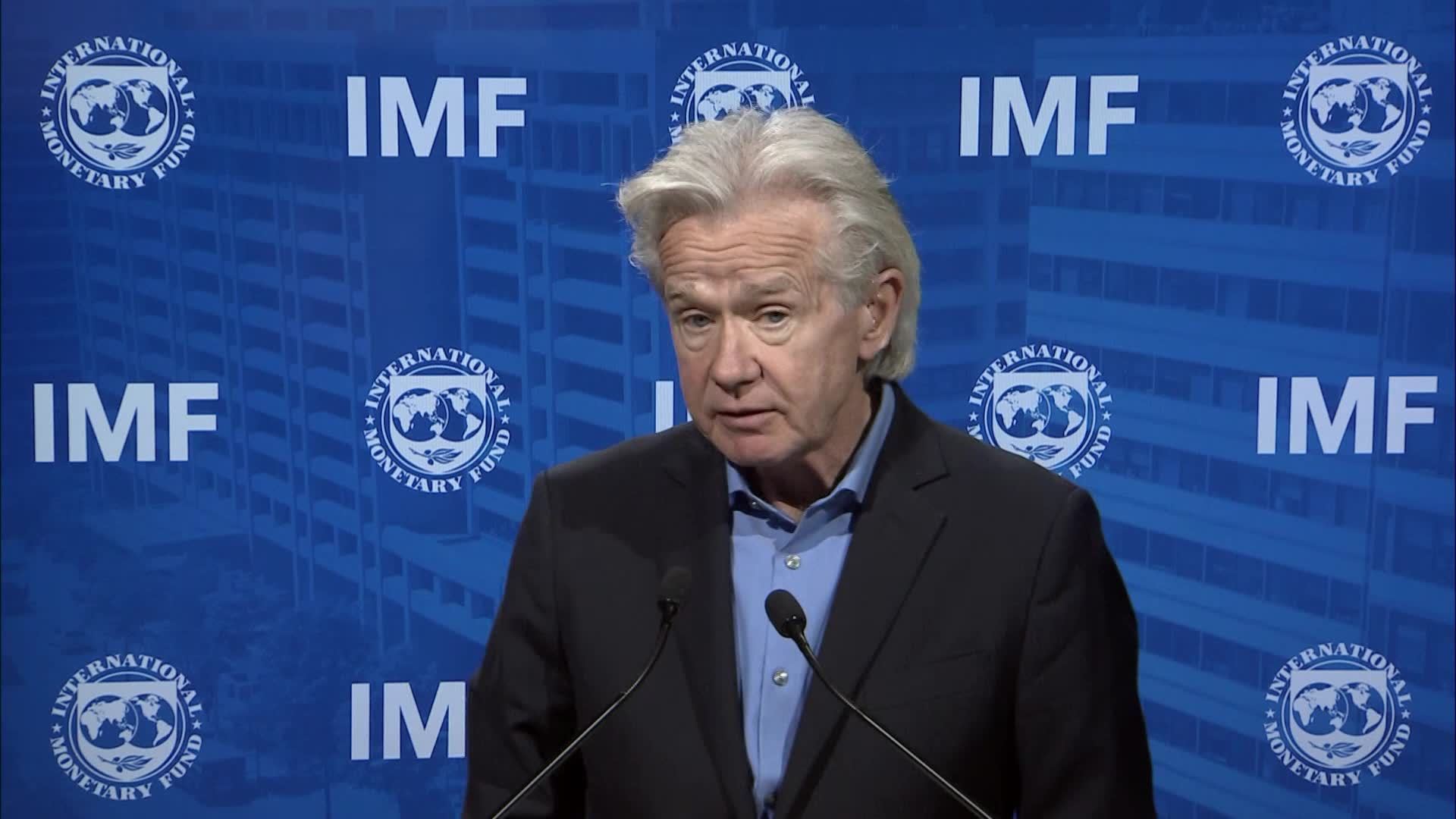The IMF announced today (Thursday, March 11th) that the recently passed $1.9 trillion coronavirus relief package would increase U.S. GDP by five to six percent over three years, however, further analysis will be done as the IMF’s World Economic Outlook will be released in early April during the IMF’s 2021 virtual Spring Meetings. Gerry Rice, IMF’s spokesperson added that the relief package will have a positive on many emerging markets but there might be some possible risks in the horizon
“Many emerging market and developing economies, particularly those with financial vulnerabilities and weak trade ties to the U.S. should be ready with contingent policies to potential downside risks and again, a possible tightening in financial conditions. So, bottom line on the impact is we see potentially significant positive spillovers in terms of global growth, but as always, keeping a watchful eye at the same time on potential risks,” said Rice.
On Argentina, Rice confirmed that Prime Minister Martín Guzmán will pay a visit to the IMF later this month to meet with Managing Director Kristalina Georgieva to discuss how IMF can help the government in building policies that will help foster stability in the country and protect Argentina’s most vulnerable people.
“Minister Guzman has indicated he will come to Washington for meetings with IMF staff and indeed with the managing director, Kristalina Georgieva. And on that's going to be on March 23rd and 24th. I believe that a visit of the minister to the IMF and I would expect those meetings again to focus on how the IMF can help the government put in place those policies that can help foster stability, be the basis for more sustainable, inclusive private sector led growth, with a strong emphasis, as I've said here before, on protecting Argentina's most vulnerable people,” said Rice
In the shadow of China’s ‘two sessions’ 2021, Rice highlighted that China’s efforts in trying to shift its development to a more environmentally friendly model through its five-year plan reconfirms its commitment to the 2060 carbon neutrality goal.
“The five-year plan reconfirms China's 2060 carbon neutrality goal and going forward, of course, the focus will turn to implementation of that goal. And in this context, investment into non-fossil fuels, combined with continued curbing of carbon emissions and energy intensities, represent important steps towards slowing global warming. It will be important to set China's carbon emissions on that downward trajectory that is commensurate with the scale of the global climate challenge,” said Rice.
He also added that carbon neutrality should be tackled globally as a common goal to combat the climate crisis.
“All countries, including China, again, need to set their carbon emissions on downward paths consistent with global climate targets,” said Rice.
To watch the full event, click here.

